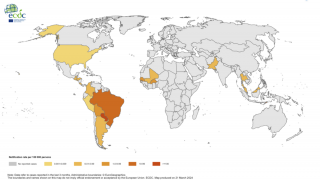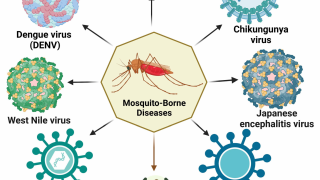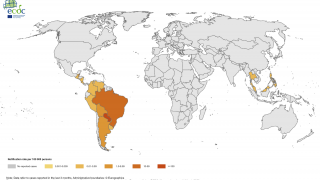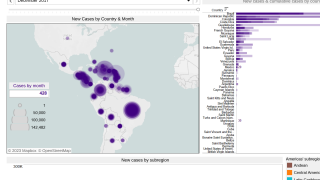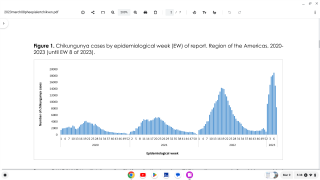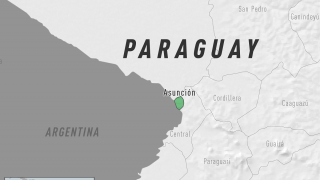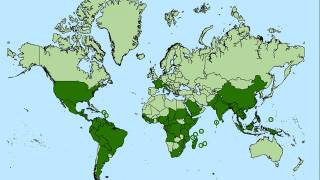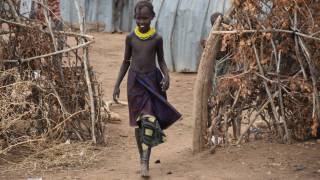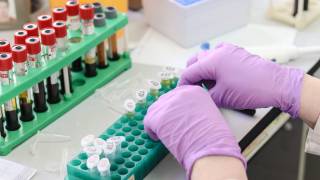Chikungunya Vaccine Approaches Phase 3 Study
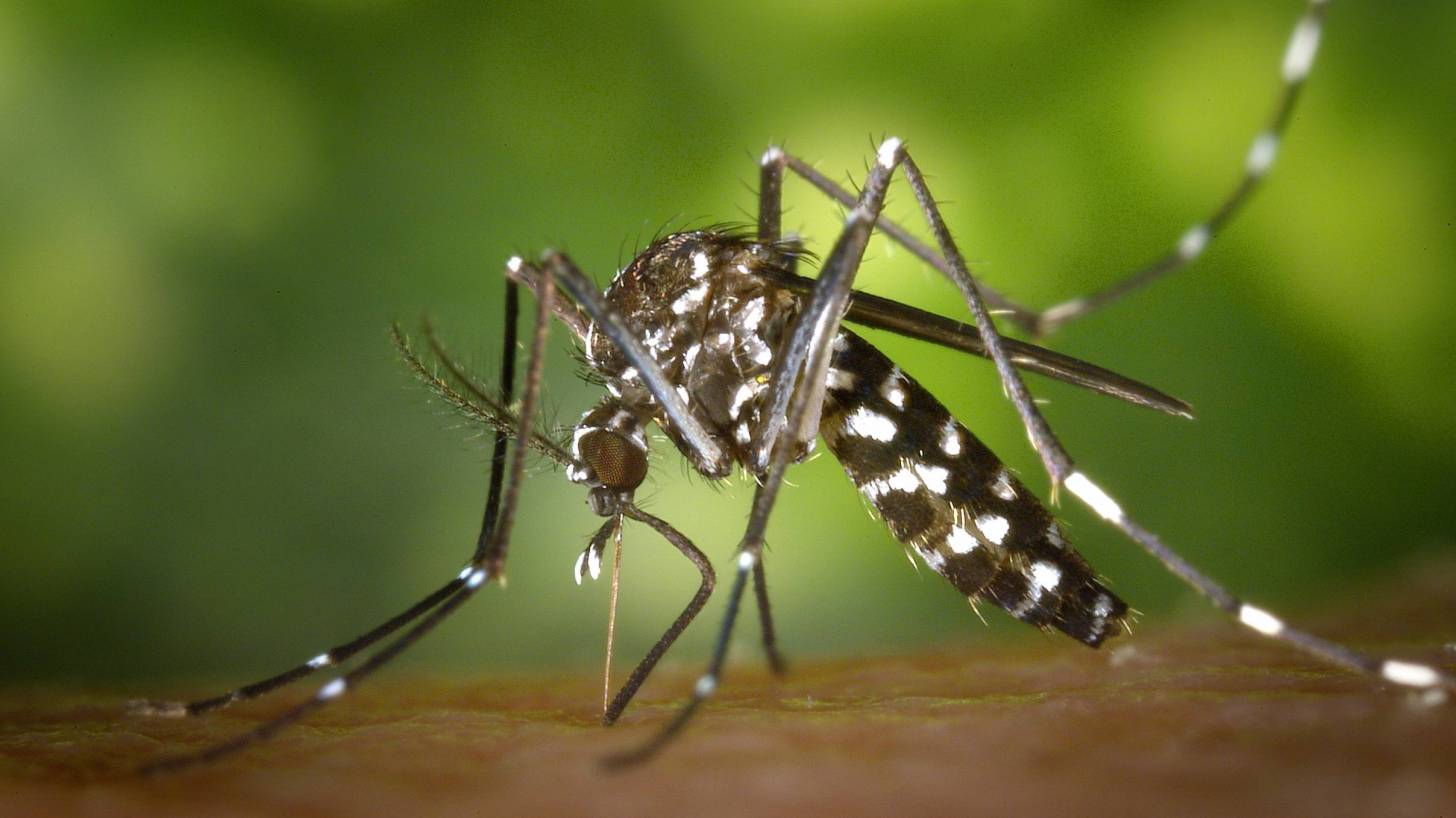
A France based vaccine producer announced that it has successfully completed an End-of-Phase 2 meeting with the U.S. Food and Drug Administration (FDA) and agreed on the clinical development plan towards licensure for its unique, single-shot chikungunya vaccine VLA1553.
VLA1553 is a monovalent, single dose, live-attenuated vaccine candidate for protection against chikungunya and was granted Fast Track designation by the FDA in December 2018.
Valneva SE announced on March 25, 2020, the main Phase 3 pivotal trial will be, subject to detailed protocol review, a double-blinded, placebo-controlled, multi-center study in approximately 4,000 healthy adults.
The total duration of this large study is expected to be 9-months.
Wolfgang Bender, M.D., Ph.D., Chief Medical Officer of Valneva, commented in a press release, “Providing a vaccine against chikungunya is critical as the virus is considered a major public health threat and there are currently no preventive vaccines or effective treatments available.”
We are thrilled about the prospect to potentially have a vaccine available by the end of 2022.”
The Company assumes that Phase 3 can be initiated in the fourth quarter of this year.
The VLA1553 vaccine candidate is designed for prophylactic, active, single-dose immunization against chikungunya in humans over one year old.
The vaccine targets long-lasting protection and an anticipated safety profile similar to licensed vaccines for active immunization in adults and children. The target population segments are travelers, military personnel and individuals at risk living in endemic regions.
VLA1553 is based on an infectious clone (CHIKV LR2006-OPY1) attenuated by deleting a major part of the gene encoding the non-structural replicase complex protein nsP3, aiming for protection against various Chikungunya virus outbreak phylogroups and strains.
Chikungunya is a mosquito-borne viral disease caused by the chikungunya virus (CHIKV), a Togaviridae virus, transmitted by Aedes mosquitoes, says the World Health Organization.
Clinical symptoms include acute onset of fever, debilitating joint and muscle pain, headache, nausea, and rash, potentially developing into long-term, serious health impairments.
Chikungunya virus causes clinical illness in 72-92% of infected humans around 4 to 7 days after an infected mosquito bite.
Complications resulting from the disease include visual, neurological, heart and gastrointestinal manifestations; fatalities have been reported (case fatality rates of 0.1% to 4.9% from epidemics) in elderly patients at higher risk.
Chikungunya outbreaks have been reported in Asia, Africa, the Americas and recently in Europe.
As of 2017, there have been more than 1 million reported cases in the Americas. And, there are no preventive vaccines or effective treatments available and, as such, chikungunya is considered to be a major public health threat.
As of March 5, 2020, a total of 4 chikungunya virus disease cases with illness onset in 2020 have been reported to ArboNET from 4 U.S. states, reports the Centers for Disease Control and Prevention.
During 2019, a total of 134 chikungunya virus disease cases with illness onset in 2019 have been reported to ArboNET from 26 U.S. states.
Valneva SE is a specialty vaccine company focused on prevention against diseases with major unmet needs.
Chikungunya vaccination news published by Precision Vaccinations.
Our Trust Standards: Medical Advisory Committee

